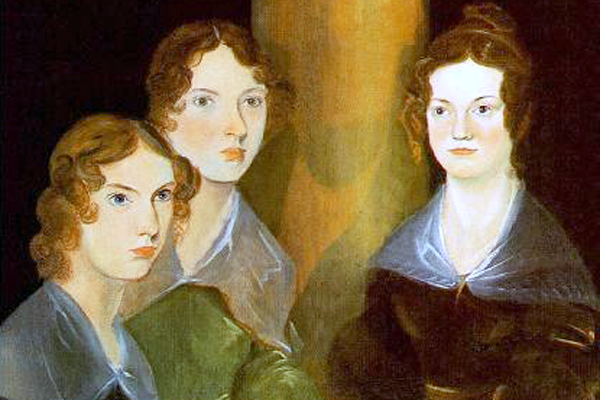 2016
2016
Naples, Italy, the setting for Elena Ferrante’s literary work.
This week, an Italian journalist claimed to have uncovered the true identity of acclaimed writer Elena Ferrante. Ferrante, whose Neapolitan novels have become a sensation, writes under a pen name and has long demurred when asked questions about her true identity. Ferrante explained her reasoning in an interview with the Paris Review:
It has become natural to think of the author as a particular individual who exists, inevitably, outside the text—so that if we want to know more about what we’re reading we should address that individual, or find out everything about his more or less banal life. Remove that individual from the public eye and...we discover that the text contains more than we imagine. It has taken possession of the person who writes. If we want to find that person, she’s right there, revealing a self that even she may not truly know. When one offers oneself to the public purely and simply through an act of writing—which is all that really counts—this anonymity turns into part of the story or the verse, part of the fiction.
 1847
1847
The Brontë sisters as painted by their brother, Branwell Brontë, c. 1834.
Ferrante is not the first acclaimed female writer to use a pseudonym. Many writers in the nineteenth century assumed a masculine identity in order to publish in a milleu that could be hostile to women artists. The Brontë sisters wrote under the names Currer, Ellis, and Acton Bell during their lifetimes, and before and after the publication of Jane Eyre Charlotte Brontë pretended that Currer Bell was a real person who was very private—and just happened to live with her. She writes in a letter to her publishers:
“The Examiner” reached me to-day; it had been missent on account of the direction which was to Currer Bell, Care of Miss Brontë. Allow me to intimate that it would be better in future not to put the name of Currer Bell on the outside of communications; if directed simply to Miss Brontë they will be more likely to reach their destination safely. Currer Bell is not known in this district and I have no wish that he should become known.
I received likewise seven other notices from provincial papers enclosed in an envelope. I thank you very sincerely for so punctually sending me all the various criticisms on “Jane Eyre.”
Yours respectably, C Bell